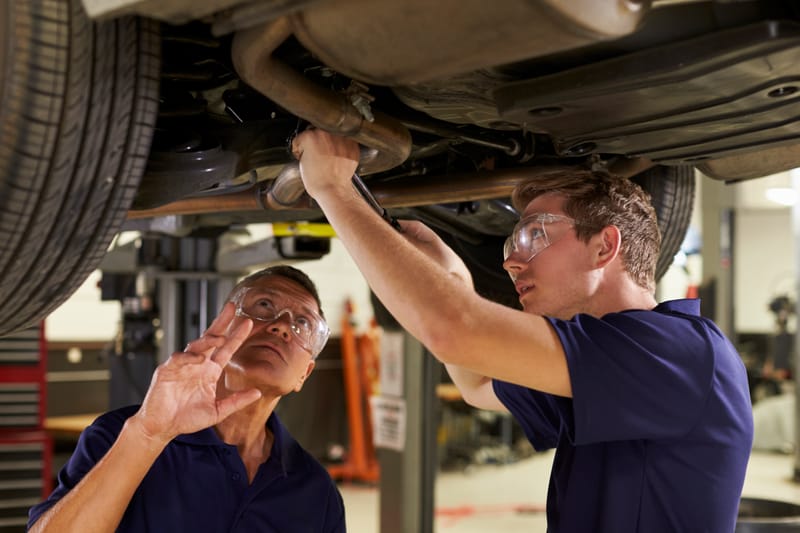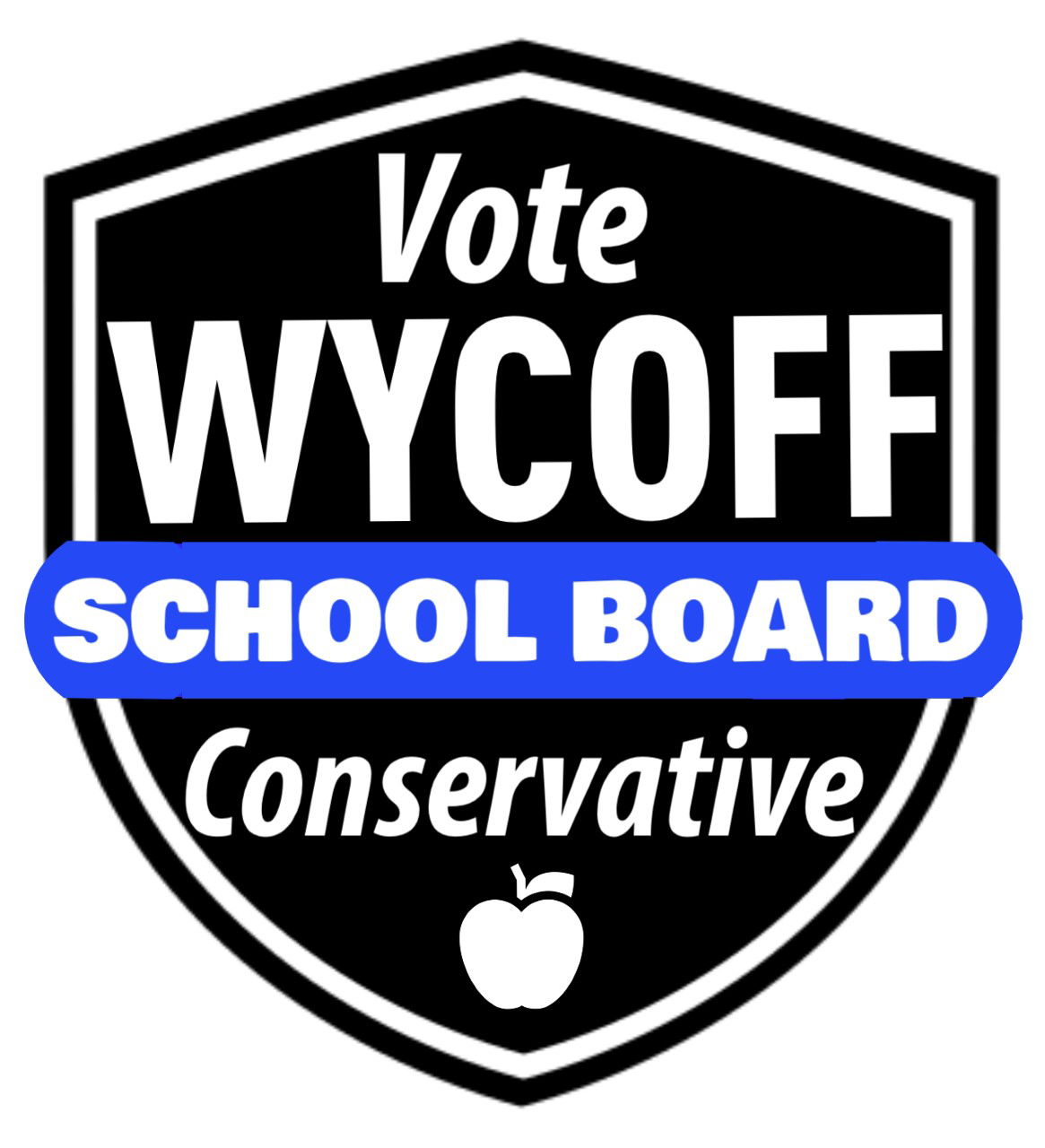
Education is the cornerstone of a prosperous society, and high schools play a critical role in shaping the future of students. However, traditional academic courses may not cater to every student's career goals. Introducing trade classes/programs in high schools can provide an alternative pathway to success, particularly for students who wish to enter the workforce immediately after graduation. Trade programs offer practical, hands-on training in specific fields such as automotive technology, culinary arts, or construction trades, which can lead to high-demand, well-paying jobs.
Trade programs not only benefit students but also contribute to the betterment of the community. They help fill a significant skills gap in the American workforce. According to the U.S. Department of Education, there are millions of unfilled jobs that require less than a bachelor's degree. These vacancies exist because employers struggle to find qualified candidates with the necessary technical skills. By offering trade programs, high schools can equip students with these skills, thereby addressing workforce needs and boosting local economies.
Moreover, trade programs can instill a sense of purpose and direction in students, reducing the risk of them dropping out of school. They offer an engaging alternative to traditional academic courses, allowing students to learn in a more applied and practical context. This can enhance their motivation and interest in learning, leading to improved academic outcomes. In essence, trade programs can serve as a powerful tool for both educational and economic vitality in our communities.
